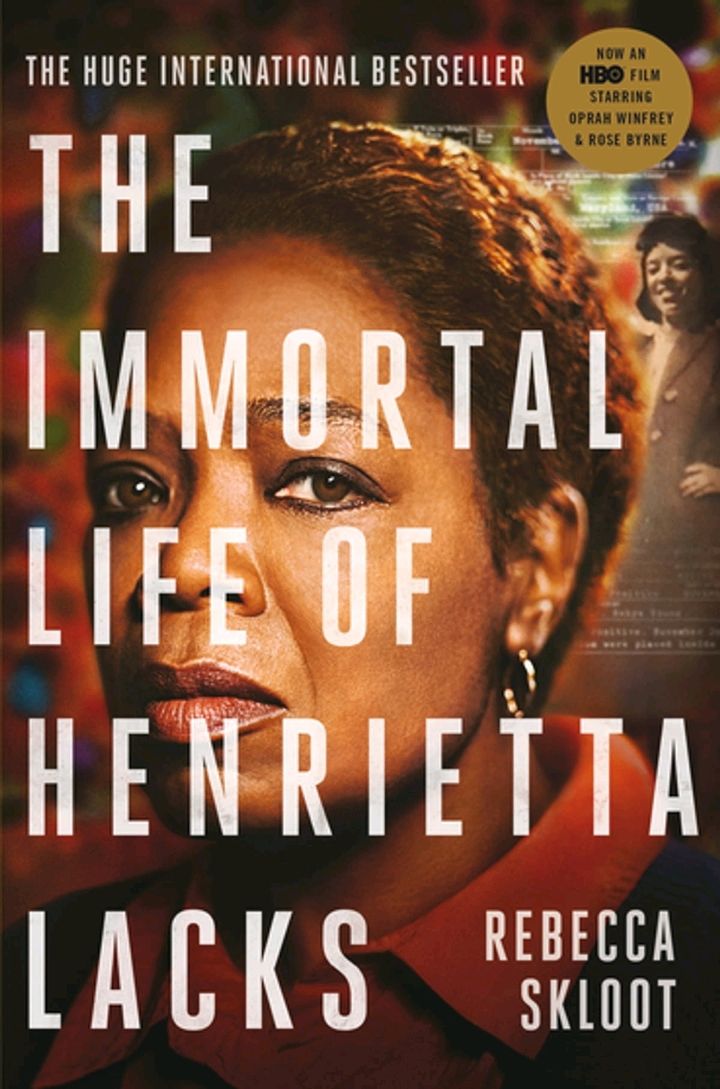The impact of social inequality on cancer outcomes from "summary" of EMPEROR OF ALL MALADIES IN PB by Siddhartha Mukherjee
Social inequality, like a hidden hand, can shape the course of cancer outcomes. The impact of social inequality on individuals' susceptibility to cancer, access to healthcare, and treatment outcomes is profound, yet often overlooked. Those who are marginalized or disadvantaged in society are at a higher risk of developing cancer due to a multitude of factors. Poverty, lack of education, limited access to healthy foods, exposure to environmental toxins, and inadequate healthcare are all contributors to this increased risk. Furthermore, once diagnosed with cancer, individuals from disadvantaged backgrounds often face additional barriers to receiving timely and effective treatment. Financial constraints can make it difficult for them to afford expensive treatments, while lack of health insurance may limit their access to quality care. Cultural beliefs and stigma surrounding cancer can also impact their willingness to seek medical help, leading to delayed diagnosis and poorer outcomes. Moreover, social inequality can influence the quality of care that individuals receive. Research has shown that patients from lower socioeconomic backgrounds are less likely to receive standard treatments or participate in clinical trials, which can affect their chances of survival. Additionally, disparities in healthcare infrastructure and resources in underserved communities can result in suboptimal cancer care for those who need it most.- Social inequality casts a long shadow over the realm of cancer, shaping the trajectory of the disease for those on the margins of society. Addressing these disparities requires a multifaceted approach that encompasses not only improving access to healthcare but also addressing the root causes of inequality that contribute to cancer disparities. Only by recognizing and addressing these social determinants of health can we hope to achieve more equitable outcomes in the fight against cancer.
Similar Posts
Pain and suffering are common experiences in the dying process
As we approach the end of life, pain and suffering become inevitable companions on the journey towards death. The dying process...
Ethical questions arose surrounding consent and ownership of cells
Henrietta Lacks' story has sparked a heated debate about the ethical implications of consent and ownership when it comes to cel...

Henrietta's daughter, Deborah, struggles to come to terms with her mother's legacy
Henrietta's daughter, Deborah, finds herself grappling with the weight of her mother's enduring legacy, a legacy that has left ...

Industrialization of food production has negative consequences
The transformation of our food system into an industrialized machine has resulted in a multitude of adverse effects on our heal...

Cancer treatment is constantly evolving
The history of cancer treatment is a history of incremental progress, built on the efforts of countless researchers, clinicians...
Intersectionality is crucial in feminist activism
Intersectionality is a concept that is often overlooked in mainstream feminist movements. It is crucial to recognize that not a...
Physics
Physics is the study of matter and energy, of forces and interactions. It is a way of understanding the natural world, of makin...
Women were left vulnerable to the negative effects of hormone therapy
Women who trusted their doctors were prescribed hormone therapy without being informed about the potential risks. This lack of ...
The media can influence public perceptions of infectious diseases
The media plays a crucial role in shaping public perceptions of infectious diseases. Through various forms of communication suc...

The Great Depression exposed economic inequalities
During the 1930s, the economic downturn known as the Great Depression laid bare the stark realities of economic inequality in t...

